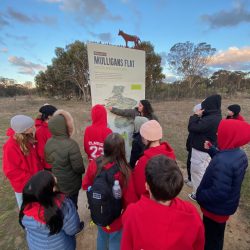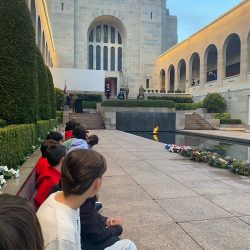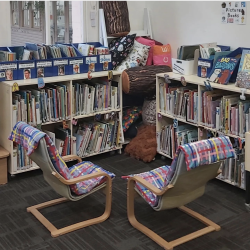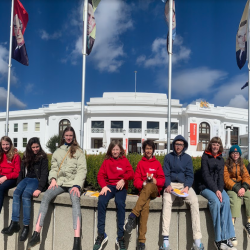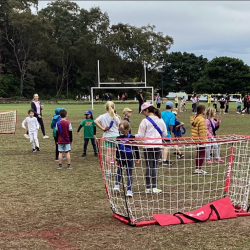Adult Work and Child Work
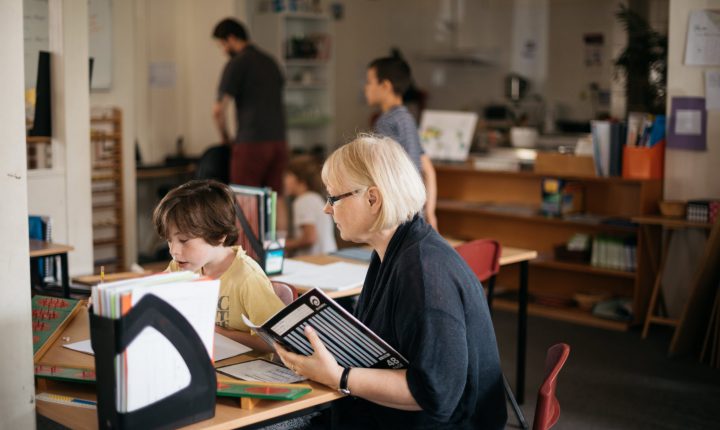
The greatest sign of success for a teacher… is to be able to say, “The children are now working as if I did not exist.” Maria Montessori
The Montessori classroom is child-oriented and director-facilitated and allows the educator to treat each child as an individual. The Director performs a guiding role rather than controlling the classroom. Over the three year period a child is in a class, the Director comes to know each child very well and is familiar with their learning styles and abilities.
The Montessori Director is trained to recognise when the child is ready to learn a new skill, to foster his or her natural instincts and abilities and to encourage his/her exploration and creativity.
The children are encouraged to make choices on their own. The Director provides a link between the child and the Prepared Environment, introducing the child to each piece of equipment when he or she is ready in a precise and enticing way. Once a child has been attracted to an activity, and has begun to concentrate, the adult respects this choice and concentration and does not interrupt.
The Director’s Work
In a Montessori learning environment, a teacher is usually referred to as a ‘Director’. This is because the children are also teachers, as they teach themselves and teach one another.
The Director performs the following roles:
- Connects the children with their learning environment and with meaningful experiences for their intellectual, social and emotional development.
- Presents the children with Key Lessons each day giving them new information, concepts and processes to engage with.
- Oversees the children’s work choices and ensures that their decisions are balanced, covering all outcomes within the National syllabus.
- Prepares the classroom environment so that materials can be accessed by the children as tools for their own autonomous (independent) learning.
- Assists the children in making decisions, planning and completing work when needed.
- Inspires and sparks the children’s interest in each of the subject areas and appeals to their natural curiosity.
- Ensures that the materials used by the child are appropriate for their age and ability and that the child is being challenged in their learning.
- Supports the children in resolving social conflicts, while giving them the advice and strategies necessary for effective communication and problem-solving.
- Supports the children in building a strong sense of community within the classroom and wider school community.
- Assists the children in making connections within the wider community and accessing resources outside of the classroom.
- Liaises with other professionals in support of the children’s intellectual, social and emotional wellbeing.
It is not the role of the Director to praise or externally reward children for their learning. When a will to learn comes from the children themselves, there is no need for an external reward system.
The Child’s Work
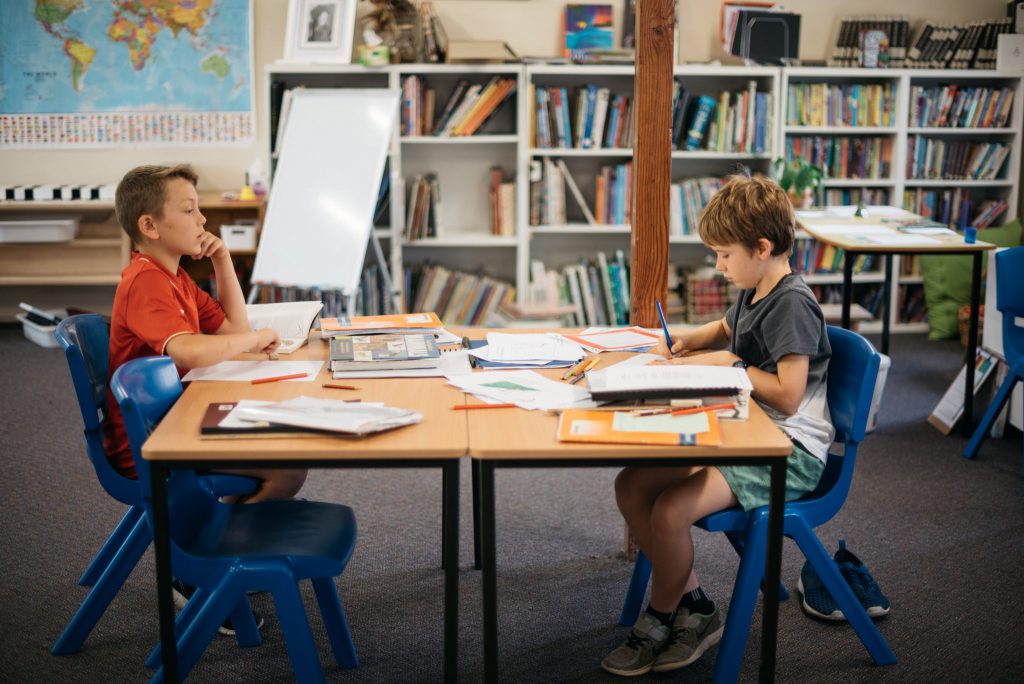
Within a Montessori classroom, the children are given certain freedoms that are not traditionally seen or given in mainstream schooling.
The freedoms/responsibilities of the Montessori child are as follows:
Each day is not divided into a structured timetable for work in each subject area. The children have a long, uninterrupted work cycle in which the can engage in productive work of their choosing and receive lessons from the Director in a variety of areas. The children must, therefore, be responsible for balancing their work in each subject area.
Once a Key Lesson has been presented by the Director, the children decide how they are going to explore the concepts presented and build on their learning in greater depth. The activity then becomes independent and the learning, autonomous.
The children must care for the physical environment of the classroom, respecting all materials and allowing them to be accessed by others.
The children are able to choose when they will follow up on a lesson and are able to engage in that work for as long as the work remains productive and meaningful.
If a child is concentrating and working productively, the Director does not interfere in their activity. The children must, therefore, also be respectful of the learning of those around them.
The Montessori Curriculum is open-ended and allows the children to follow their interests without limitation on time or content. While National syllabus outcomes are addressed and achieved, the children in the Montessori classroom can work well beyond these outcomes and topic areas if they wish.
The children do not receive external rewards or reinforcement for their learning or behaviour. The freedom to exercise their choice and free will is a reward in itself. A love of learning and meaningful activity is what drives the children’s work. It is, therefore, the responsibility of the children to work cooperatively and convey their learning in a way that is significant to them.
The children are able to choose their work space for each chosen activity. It is their responsibility to move around the classroom with care and respect for others and the classroom. They are able to observe others learning and observe the lessons given by the Director to other children.
The children are able to work with any child in their classroom or within the school, if requested. Cooperation between children is essential as they support each other in their learning.


